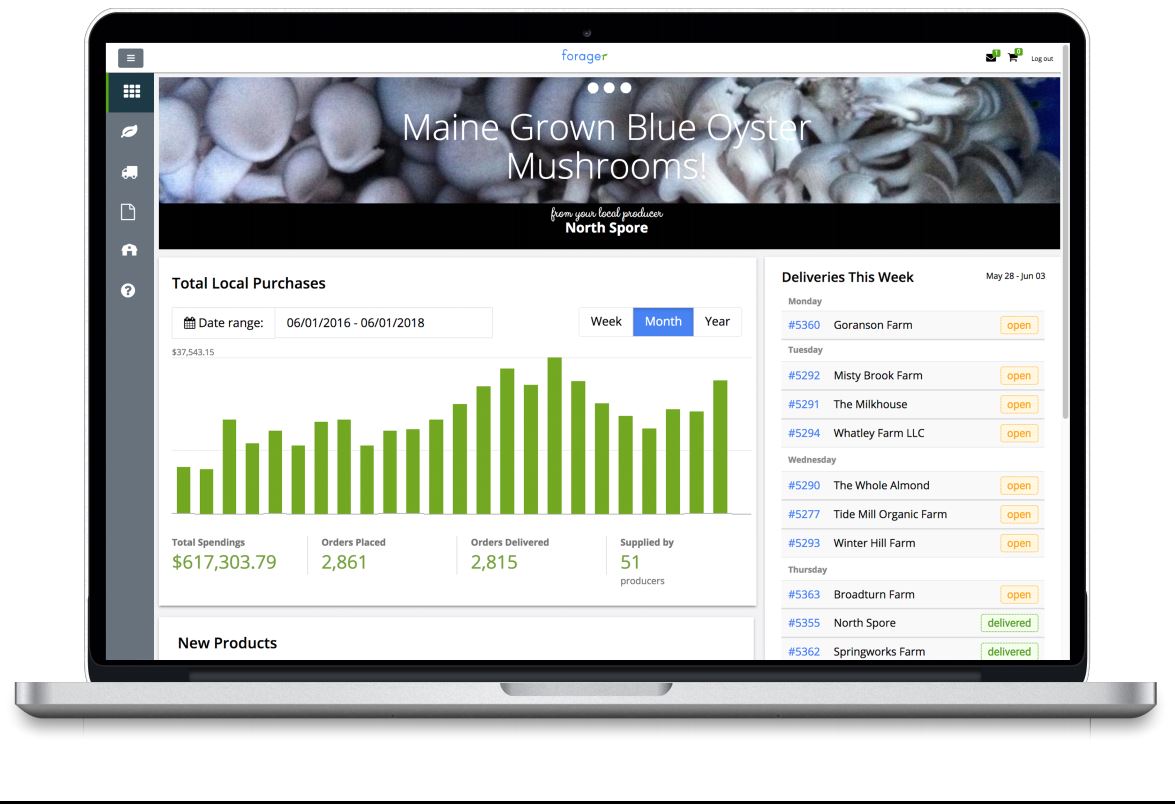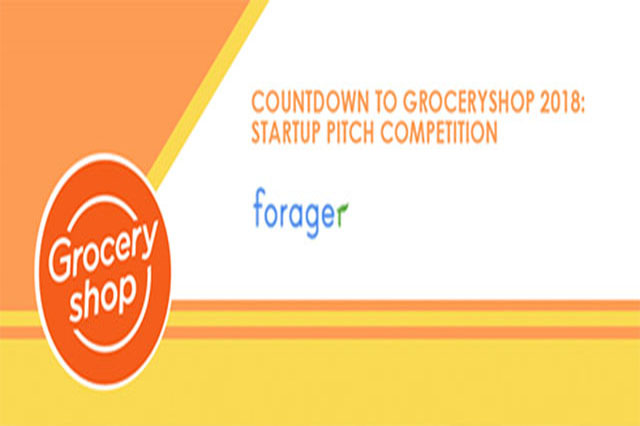Groceryshop 2018
The Coresight Research team will be attending and participating in the Groceryshop 2018 conference, which runs October 28–31 in Las Vegas. The team behind the Shoptalk retail and e-commerce conference founded this new event, which will cover the disruption of the grocery, CPG and related industries. Coresight Research has previously partnered with Shoptalk to host that conference’s annual startup pitch competition.
Groceryshop is expected to bring together 1,000 attendees and more than 150 speakers. Discussion topics will include the transformation of the retail industry, including convenience stores, supermarkets and e-commerce, and changes in the production and distribution of CPGs across multiple retail verticals. Additionally, the event will cover the rapid shifts in how consumers discover, shop and buy—from the use of new technologies and business models to the latest trends in consumer behaviors, preferences and expectations.
According to Zia Daniell Wigder, Cofounder of Groceryshop and Chief Content Officer of Shoptalk, Groceryshop was created to meet the needs of a sector on the verge of a massive shift. The percentage of grocery sales made online in the US is only 2%–3%, significantly lower than for other categories such as apparel and electronics, where e-commerce accounts for about 20% of sales, Wigder said.
Over the next few years, new omnichannel grocery offerings will likely go mainstream, providing consumers with new experiences as well as more convenient delivery and pickup options. Digital platforms that offer the best mix of price, selection and convenience will see increased transaction volume, while physical stores will experience change and likely play a key role in online order fulfillment.
Startup Pitch Competition
On October 28, Coresight Research CEO and Founder Deborah Weinswig will emcee a startup pitch competition featuring 12 innovative, early-stage technology companies that provide solutions to solve major problems in e-commerce, grocery retail, and/or the food or CPG sector.
Each company will present its business to a panel of judges from the investment community and to the audience. Two winners will be announced, one chosen by the panel of judges and one by audience vote, and each winner will be awarded $10,000.
Groceryshop curated the participating startups based on their solutions to some of the most pressing challenges that grocery, e-commerce, food and CPG companies are facing. All of the participating startups have less than $3 million in funding, provide business-to-business (B2B) solutions and were founded in 2014 or later.
We categorized the 12 companies into four buckets of retail disruption:
- Sourcing, Merchandising and Cataloging: Shoppers are demanding more grocery choices than ever before, and grocery retailers face challenges in keeping their assortments up to date and in sync with consumer demand.
- Enabling Grocery E-Commerce: Providing engaging and personalized online experiences while meeting consumer expectations regarding fulfillment and delivery is crucial for retailers.
- Improved Shopping Experiences: Shoppers are demanding intuitive and more seamless grocery experiences both online and in stores.
- Tracking, Measurement and Insights: Digital technology is creating new metrics and capabilities for gleaning insights for grocery retailers and CPG manufacturers.
Below, we profile Forager, one of the companies participating in the startup pitch competition at Groceryshop. We categorize Forager as being in the Sourcing, Merchandising and Cataloging group.
Forager

Company Description
Forager has created a digital procurement platform that improves and streamlines the local food procurement process so that grocers and other companies can source local food products more easily and in greater quantities. The web and mobile application digitizes the discovery, ordering, receiving, invoicing and payments process end to end, saving grocers tens of thousands of dollars while enabling increased local sourcing.
 Source: GoForager.com
Source: GoForager.com
Market Overview
Local food is the fastest-growing segment of the food market, with sales growth outpacing total food and beverage sales growth in the US. The fresh local food is now the number one product consumers look for in grocery stores, with 93% choosing local products over all other categories, according to A.T. Kearney analysis in a study titled:
Firmly Rooted, the Local Food Market Expands. In fact, demand is so strong that 67% of consumers say they will switch grocers in order to purchase local food, according to the same study by A.T. Kearney.
In the wake of the massive disruption occurring in the grocery industry as a result of Amazon’s acquisition of Whole Foods Market and the dramatic rise in home delivery services and meal kits, grocers are scrambling to find a competitive edge. Offering more fresh local products is proving to be one highly effective strategy in winning and keeping customers.
What Problem Is the Company Solving?
Consumers are increasingly demanding fresh local food, but grocers and distributors struggle to source locally because the procurement process is labor intensive and highly complex. Due to inefficiencies, locally sourced food accounts for only 3% of all food consumed.
Local produce has the most complex supply chain of all categories, and sourcing local produce is an expensive, time-consuming and error-prone process. It can take retailers up to 80 hours a week to procure local produce, which prevents many retailers from offering more local foods. Furthermore, discovering, establishing and maintaining a reliable network of local producers is difficult and often limits how much stores can source locally.
Forager is simplifying the local-food sourcing process by providing a platform that offers quick ordering, easy communication, accurate receiving, simple payment and e-invoicing, and better insights. In just 18 months, the company has built a client base of 20 grocers, distributors and restaurants and a supplier network of 175 farms, meat and dairy purveyors, and makers of artisanal grocery products. Forager has expanded into five states in the last 12 months.
Headquarters
Portland, ME
Funding Stage
Venture
Business Model
Forager charges a transaction fee to buyers and a commission for new supplier introductions to wholesalers such as grocers.
Management Team
Founder and CEO David D. Stone has more than 20 years of executive management experience at Fortune 500 and emerging-growth technology companies with a strong emphasis on innovative payment systems and loyalty solutions.
Company Outlook
As Forager expands to more communities, its platform will enable more grocers, distributors, restaurants and institutions to source many different types of food, and even beverages, locally.

 Source: GoForager.com
Source: GoForager.com